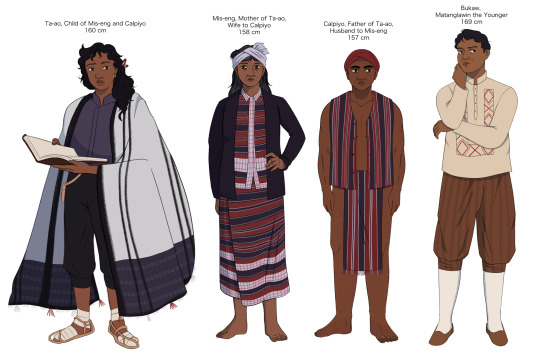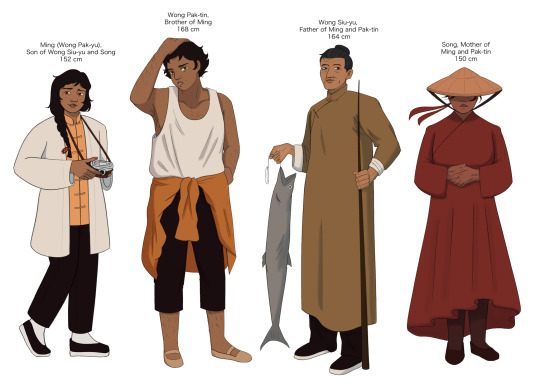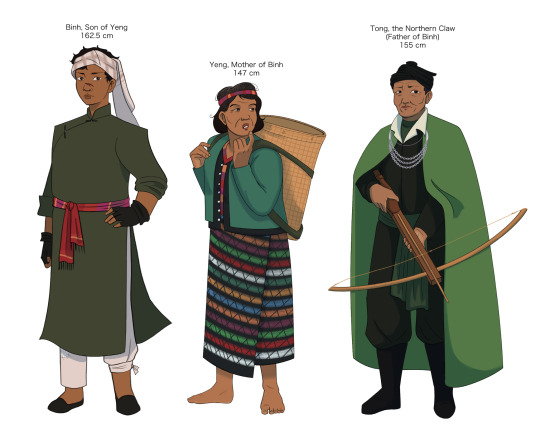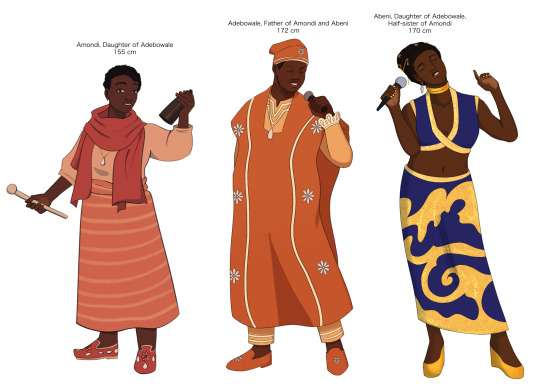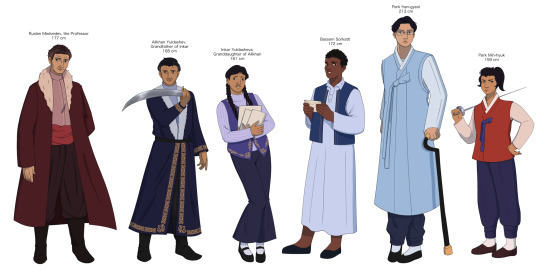Text
one of the major themes found in both travellers and sa’din is masculinity and how it is performed. in sa’din, this theme is heavily explored in the character of baro gayang.
baro, whose name literally means “young man,” is the epitome of a family man. he is successful (completed bachelor’s and went to law school) and supports both his family and the government (currently working for the police/state). he is what every man should strive to be, especially for an igorot man. however, he lacks pride in his identity as an igorot (and even as a filipino) as his indigenous identity has pulled him away from the lowlander/tagalog centred, filipino identity. although he has successfully assimilated into this culture (speaks tagalog without an accent, accustomed to lowlander culture and catholic religion), he has resented his igorot culture for “setting him back.”
this is to say, baro’s identity as an indigenous man in contemporary society has set him at a disadvantage in life. this leads him to believe he is inherently inferior to his lowlander counterparts, and in order to “be the best,” he must abandon his igorotness.
he is unable to fully do this without abandoning his family, which is one of the reasons why he does what he does now. his family is traditional although somewhat agnostic (with some catholic elements mixed in). baro’s family still practice igorot traditions but has mellowed out in his father’s generation.
his real issue lies with individuals such as ceferino and kory; people who are proud of their igorot identities through and through. these individuals wear identities on their sleeves and would rather die than renounce their indigeniety. these people make baro question if one can really live a fulfilling life in contemporary society while embracing such a discriminated cultural identity. and it makes him mad—why must he feel like this while they can be happy? do you not feel shame?
ceferino consistently pushes against baro’s insecurities about his identity, making fun of him for “not being igorot enough.” (eg. cannot play the gangsa properly or can’t dance) every time, baro has to reaffirm his igorot identity to other igorots, even though he hides it in front of non-igorots. this theme of igorotness is written in the same way as i wrote their masculinity/manhood. ceferino is a proud igorot as much as he is proud in his masculinity—and he bullies those who cannot perform in these concepts as good as he can. on the other hand, the problems jun and nestor face come from them being from mixed race background (jun being 1/4th japanese and nestor being half black) and how this coincides with the igorot/filipino identity.
macarena and amboy show rejections of both traditional and contemporary masculinity (both being transgender—the main three also explore this motif albeit in a slightly different way).
this is why kory, a character who was born and lived in a western country, probably understands baro the most. they know what it’s like to live two-faced, to live an identity that is not fully realized due to the circumstances they reside in.
2 notes
·
View notes
Text
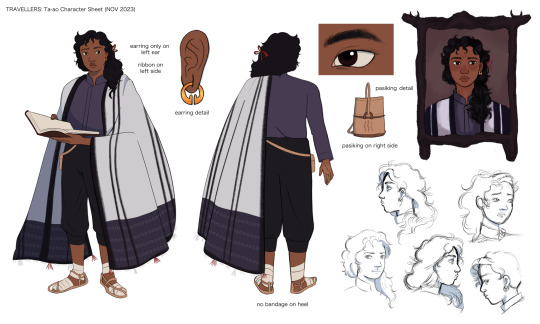



Character sheets for an OC project called "Travellers" :]
59 notes
·
View notes
